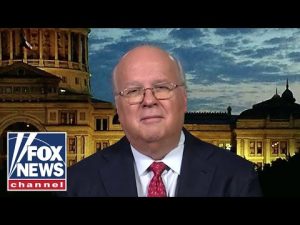In a move that has already stirred up quite a bit of buzz across the political landscape, President Trump announced that he is cutting federal funding for NPR and PBS. According to him, this decision is aimed at curbing what his administration views as government-funded media bias. For years, NPR and PBS have received financial support from taxpayers through the Corporation for Public Broadcasting, but Trump’s executive order aims to put an end to this, claiming that it’s high time media outlets stand on their own two feet without taxpayer dollars propping them up.
The president’s order has certainly raised eyebrows all around, not least because we often hear people say NPR and PBS only get a tiny slice of funding from Uncle Sam. However, that “tiny slice” amounts to about $500 million each year. If you ask your average taxpayer, they’d probably say that’s no small amount. The media landscape today is radically different compared to the time when the CPB was established back in 1967, with a plethora of news sources available at everyone’s fingertips. So, do we really need to bankroll certain outlets with taxes when there are countless others that don’t rely on government funds?
Critics have been quick to label the move as an attack on the First Amendment and a threat to the editorial integrity of public broadcasters. NPR’s top brass has hit back, promising to challenge this order using every legal means possible. They argue that this isn’t just about balancing the budget; they say it’s about maintaining a diverse media landscape where voices like theirs can continue to educate and entertain the American public. However, supporters of Trump’s decision believe it spells the end for what they see as a left-leaning media bias funded by taxpayers who might not share those views.
There’s also a lot of back-and-forth about how this will impact NPR and PBS. While these organizations say federal funding is just a part of their broader financial ecosystem, there’s no denying that cutting off these funds could shake things up. While some argue that NPR and PBS are platforms for honest reporting and educational content, others claim they’ve become propaganda machines that need to face the same financial realities as any other news outlet. Maybe it’s time for them to try running ads or find other income streams, as plenty of other media companies do.
The debate rages on, seemingly with no end in sight. Some folks are wondering if Congress will step in and try to save the day for NPR and PBS. The irony smells pretty strong here; many of those who berate “big government” are now fighting to keep it propping up their favorite news sources. But, as they say, you live by the sword, you die by the sword. If NPR and PBS want to keep their voices heard, they might just have to find a way to do it without a government subsidy backing them up. All we can do is sit back, grab our popcorn, and watch this media tug-of-war continue.







